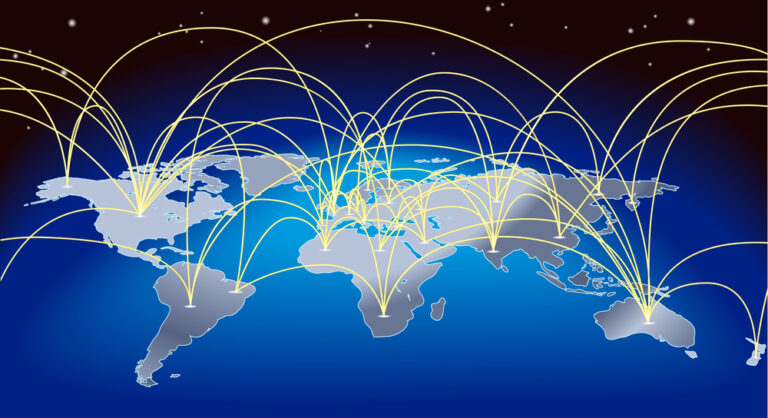International trade agreements are legally binding contracts between two or more countries that agree on trade-related issues. These agreements can range from free trade agreements, which reduce trade barriers between member countries, to more comprehensive deals that cover a broader range of topics like intellectual property rights, labor standards, and environmental protections.
These agreements significantly influence government regulation of businesses. By setting rules for how countries engage in trade, they can dictate import and export tariffs, quotas, and standards. For businesses, this means adapting to various compliance requirements in different markets, impacting how they strategize their international operations.
One of the key benefits of international trade agreements is the opening up of markets. They create opportunities for businesses to expand into new territories, increasing competition. This competition can lead to innovation, better customer service, and more competitive pricing for consumers.
While trade agreements can offer opportunities, they also pose challenges. Businesses must navigate complex rules and regulations that vary from agreement to agreement. Compliance can require significant resources, and failure to adhere to these rules can result in penalties or restricted market access.
International trade agreements are deeply intertwined with politics and international relations. Changes in political landscapes, such as shifts in government policies or geopolitical tensions, can affect existing agreements or the negotiation of new ones. Businesses need to be aware of these dynamics as they can have immediate impacts on international trade conditions.
As the global business environment continues to grow, so too will the nature of international trade agreements. Issues like digital trade, data protection, and sustainability are becoming increasingly important in trade discussions. Companies need to stay informed about these trends as they have the potential to create significant impacts on global connections.









+ There are no comments
Add yours